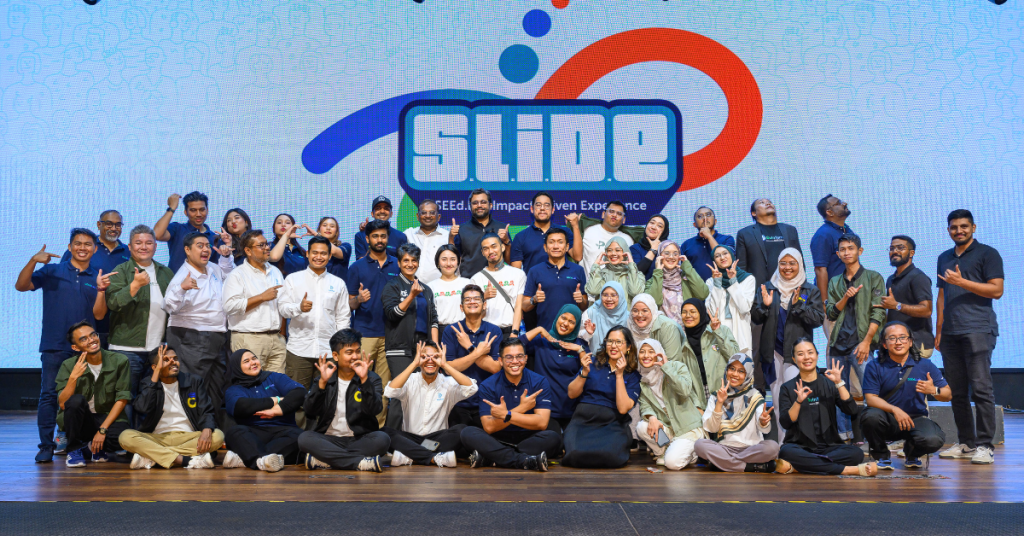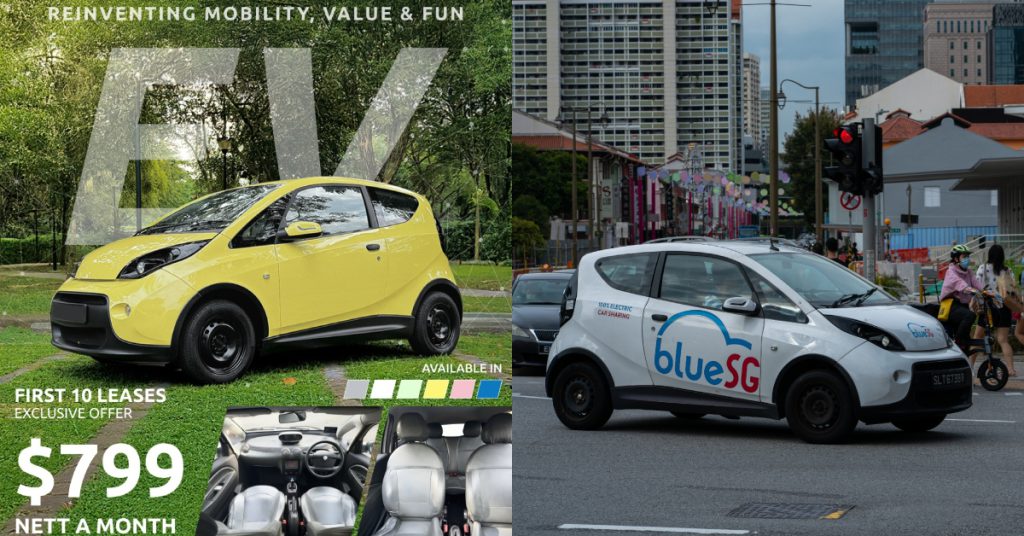Within three weeks of the Malaysian Pay Gap Instagram account’s existence, it’s already garnered 152K followers, with at least 180 contributors sharing their salaries.
If you’re personally less active on Instagram, you can catch up with what it’s all about in our previous interview with the founder here.
Just two weeks ago, the account also began a Discord channel where members can discuss field-specific issues, job postings, and success stories. Certainly, Malaysian Pay Gap is setting up a longer-term community-based platform for the working class to explore and discuss fair pay amongst each other.

Some stories shared may have helped some employees realise how good they have it at their company. Its unintended downfall though, is that it may unintentionally perpetuate the employer VS employee mindset.
It’s a fact that some employers do not provide adequate pay (for a variety of reasons), but the employer VS employee mindset tends to over-generalise that all employers are intentionally underpaying their staff, even if that’s not necessarily the case.
Employees have been quite vocal in this pay transparency discourse brought along by Malaysian Pay Gap, but thus far, we’ve not seen many employers voice their thoughts on the matter.
To find out what employers think about the Instagram page and pay transparency in general, we sought out the opinions of Malaysian bosses.
Although we reached out to a comprehensive pool of respondents from various demographics and industries, we were only able to find bosses from two companies who were up for conveying their views on the matter.
They are:
- Max Lee and Eong Tat Ooi, co-founders of Pantas, a fintech company automating e-invoicing;
- Sinan Ismail, CEO founder and founder of Durioo, a Malaysian animation company and streaming platform.
Harsh realities revealed online
Going through the Instagram page, Max and Eong were shocked that the pay gap and starting salaries for fresh graduates in Malaysia were similar to the starting salaries more than a decade ago.
“The low compensation package and pay gap are the results of the unfavourable supply and demand dynamics in the local labour market,” Max stated. “There isn’t a sufficient supply of high value-added jobs [but there’s] an excess supply of fresh graduates, resulting in unfavourable compensation packages.”
With the existence of such numbers brought to light, the co-founders at Pantas do believe that it will raise awareness among employers and employees.
“Hopefully, it will encourage employees with unfavourable compensation packages to seek better opportunities elsewhere, while employers will know how much to pay to attract better talent or increase retention,” Max shared.
Eong chimed in, adding that for this awareness to be meaningful in a large-scale way, there needs to be enough jobs in the market that will pay better salaries, but change will take time.
Meanwhile, this information wasn’t new to Sinan, but he does believe that there needs to be better open communication between employees and their hiring companies about fair compensation. To avoid conflict down the road, they need to agree on compensation that matches both parties’ expectations realistically.
So what are their thoughts on pay transparency?
Pay transparency for companies in the West has been gaining traction as a solution for gender and racial inequalities. But conversations about money and wages may not be as well received in Asia, conceivably due to cultural taboos.
Perhaps some employees would prefer to keep information about their wages private, just like they may want to about something like personal family or medical matters.

It’s an individual’s choice, and Sinan believes that companies need to do what’s best for their employees. This is why he wouldn’t implement pay transparency within his own company as some team members may not take it favourably.
Eong is of the opinion that pay transparency, in general, is good for the employer and employee. It can empower both with the knowledge of the market rate wage for similar experience and expertise.
This information would aid employers in paying the right salary to attract the talent that is desired. Similarly, employees can seek out the pay that they deserve based on their experience and skillset.
However, he is aware that it may not always be helpful to know the salary of the person next to you.
“Every person is paid differently because of their experience, skillset, and the value that they bring,” noted Eong. Unfortunately, not every employee necessarily understands this, and of course, not every employer honours this practice.
Because he runs a performance-oriented company, Eong stated that their strategy is to reward high performers accordingly.
His co-founder, Max added that all employees have an additional ESOP plan on top of their monthly wage, which he claims is uncommon for a startup in Malaysia.
ESOP refers to employee stock ownership or employee share ownership. It’s where a company’s employees own shares in that company, and therefore reap the benefits or suffer losses directly from the company’s performance.
Share ownership is more common in US-based startups. Taking from their experience running startups in Silicon Valley, Max and Eong chose to replicate the models here.
“We do not disclose each employee’s compensation package publicly due to privacy concerns, but we do not prohibit our employees from sharing their compensation package among themselves,” added Max.
Better communication for better compensation
All the bosses agreed that at the end of the day, if an employee feels that they are not being compensated enough based on their efforts, it is also in the employee’s court to voice out their dissatisfaction.
From there, bosses would be aware of their concerns and can work out a better compensation plan that would be satisfactory for both parties.
So, even if a company doesn’t necessarily practice pay transparency, it’s good to have an open-door policy where employees can feel empowered to disclose their unhappiness (whether pay-related or not) to a boss whom they know is receptive and understanding.

“Any employee who believes that they’re undervalued or underpaid versus the market and their skillsets can request a salary review,” Max shared. “A transparent and direct workplace culture encourages and empowers its members to seek better compensation that commensurates with their talent, skill sets, and market rate.”
“Some companies don’t have the financial strength to pay good salaries yet; some companies do,” Sinan added his two cents. “Different companies are in different situations; different people are in different situations. So I think it’s best to have one-on-one conversations, to have good relationships within the company and its team members.”
-//-
Of course, these responses are a very small sample size of the perspectives bosses and employers have towards the Malaysian Pay Gap account and pay transparency in Malaysia. Hence, no definitive data can be derived from them, but it’s interesting to hear where more Malaysian bosses stand with regard to this topic.
Malaysian Pay Gap is not the first attempt at encouraging pay transparency discourse in Malaysia, nor will it be the last. But for its efforts to pay off in the end, there has to be a proper structure to how the change takes place.
Employees should feel empowered to speak up about unjust pay at their workplaces, not just online but also engage their bosses in the conversation. At the same time, employers have to be open to listening to employees’ pay grievances and provide a solution that satisfies both parties, or at least be honest about how an employee’s pay breakdown is calculated.
With more understanding and open conversations between employers and employees, fair pay can be had, as well as the dismantling of the employer VS employee mindset.
Featured Image Credit: Max Lee and Eong Tat Ooi, co-founders of Pantas / Sinan Ismail, CEO and co-founder of Durioo











